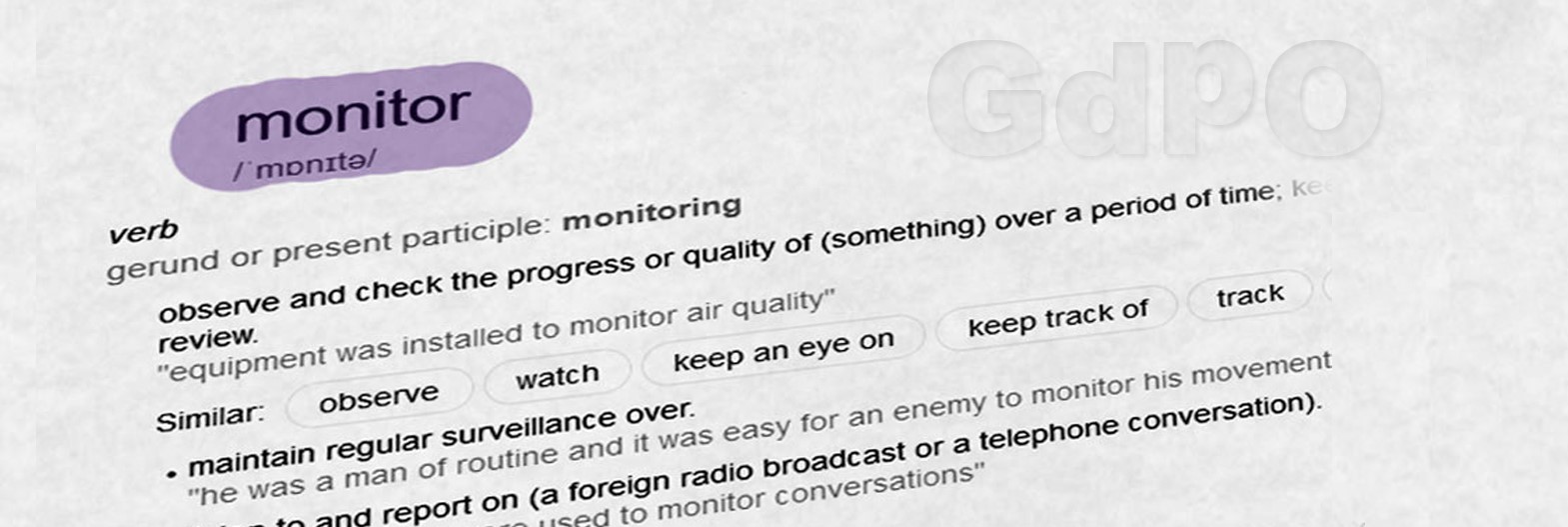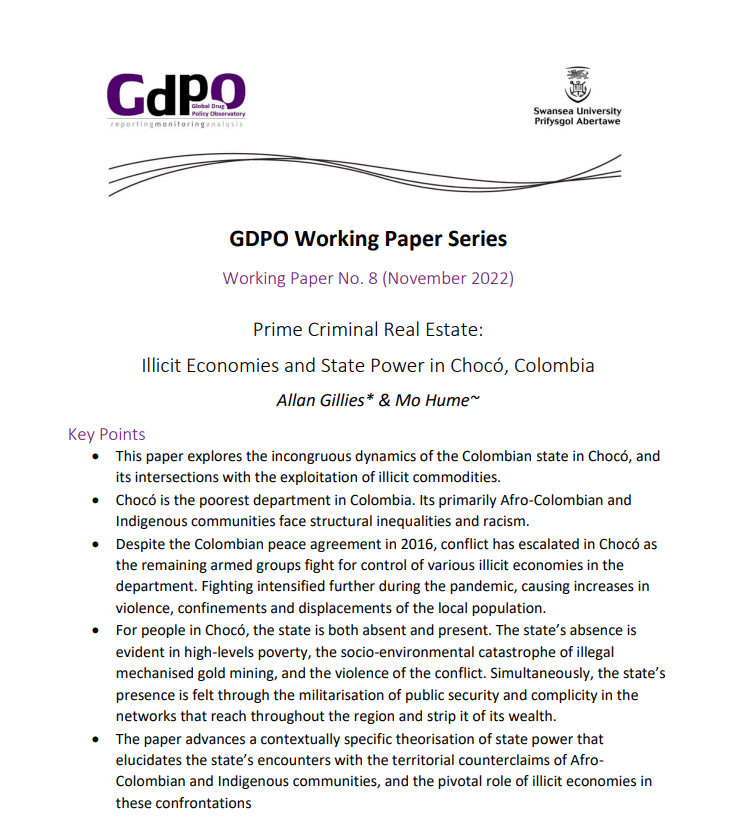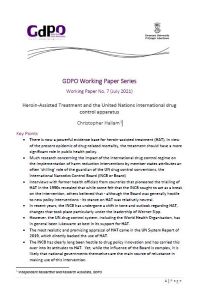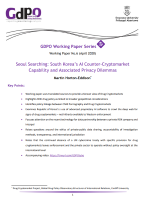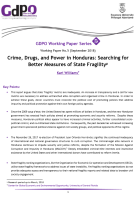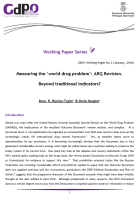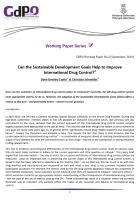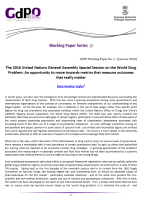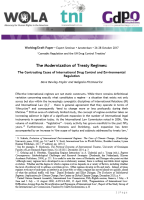
Joint WOLA, TNI, GDPO Working Paper, February 2018
Bewley-Taylor, D., & Fitzmaurice, M.
Effective international regimes are not static constructs. While there remains definitional variation concerning exactly what constitutes a regime – a situation that exists not only across but also within the increasingly synergistic disciplines of International Relations (IR) and International Law (IL)1 - there is general agreement that they operate in terms of ‘lifecycles’ and consequently ‘tend to change more or less profoundly during their lifetime.’ Still an area of relatively limited study, the concept of regime evolution takes on increasing salience in light of a significant expansion in the number of international legal instruments in operation today. As the International Law Commission noted in 2006, ‘the volume of multilateral - “legislative” – treaty activity has grown manifold in the past fifty years.’ Furthermore, observe Simmons and Steinberg, such expansion has been accompanied by an increase in ‘the scope of topics and subjects addressed by treaty law,’ with treaty growth being ‘especially marked in economic affairs, as well as in the areas of human welfare and the environment.’
Although various processes of regime evolution can be found across all three categories, this paper focuses on examples from the fields of human welfare (broadly defined) and the environment; more specifically the treaty regime based upon the United Nations (UN) drug control conventions and the regime of environmental regulation and its underpinning Multilateral Environmental Agreements (MEAs). With a basis in comparative analysis, our aim here is to explore how these multilateral treaty based regimes have altered and are capable of modernization over time in response to changes in circumstances and requirements of regime members. Moreover, within the context of shifts in the way that a growing number of jurisdictions are choosing to deal with the illicit use of cannabis within their territories, the paper seeks to demonstrate the extent to which the evolutionary capacity of what has been usefully called the ‘global drug prohibition regime’ (GDPR), can be considered out of step with a more dynamic regime like that dealing with transnational environmental concerns. In so doing, we hope to help move current discussions concerning the tensions presently surrounding the operation of the GDPR beyond the narrow confines of drug policy analysis and locate them within the broader context of IL, IR and wider investigation of regime evolution and modernization in general.
Read the full paper here: Modernization of Treaty Regimes
 All GDPO material published on this website is licensed under a CC-BY Creative Commons Attribution 4.0 International License.
All GDPO material published on this website is licensed under a CC-BY Creative Commons Attribution 4.0 International License.
